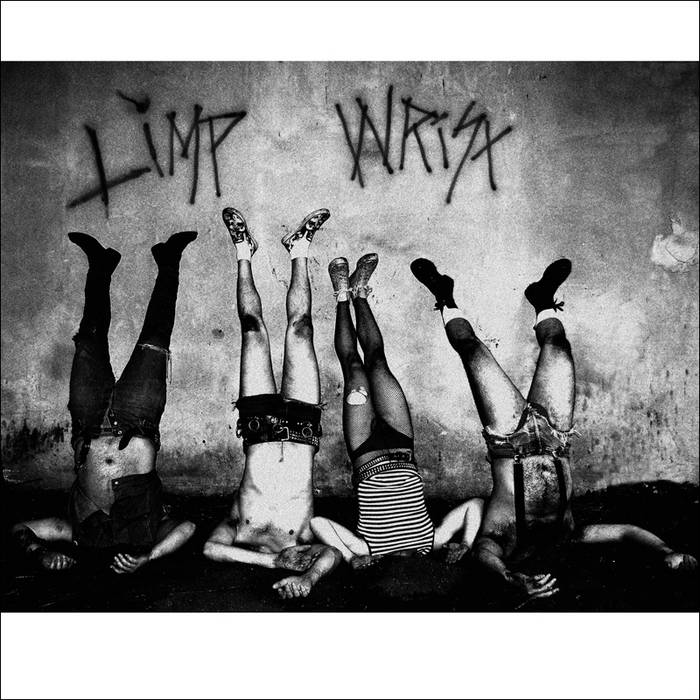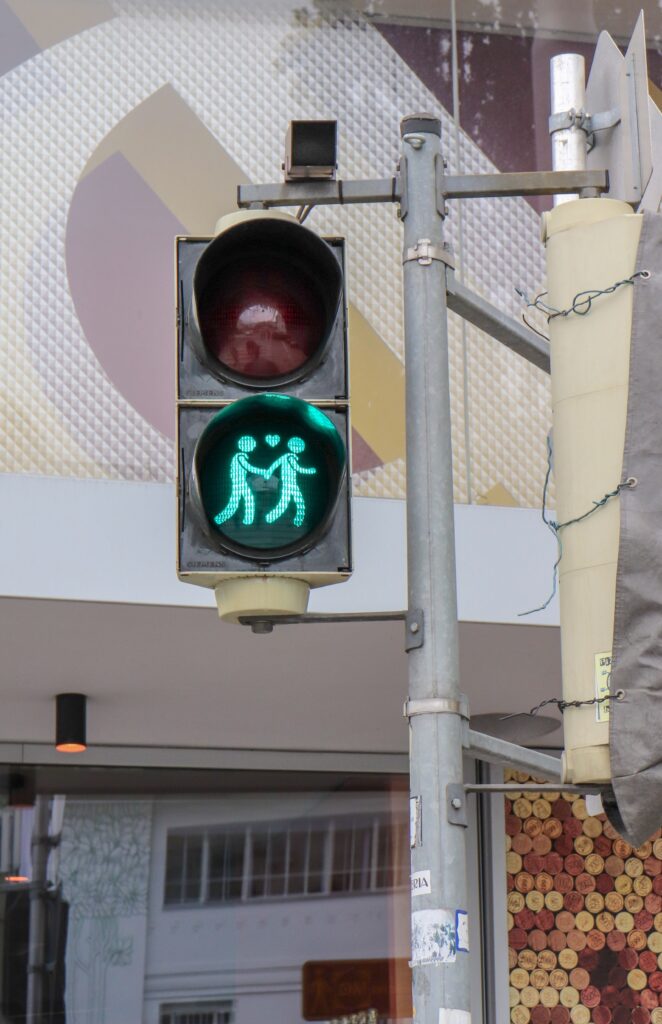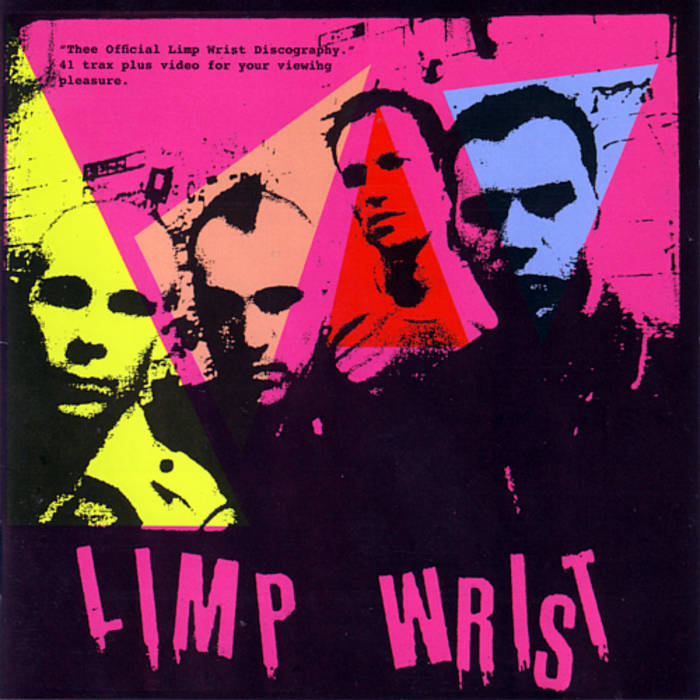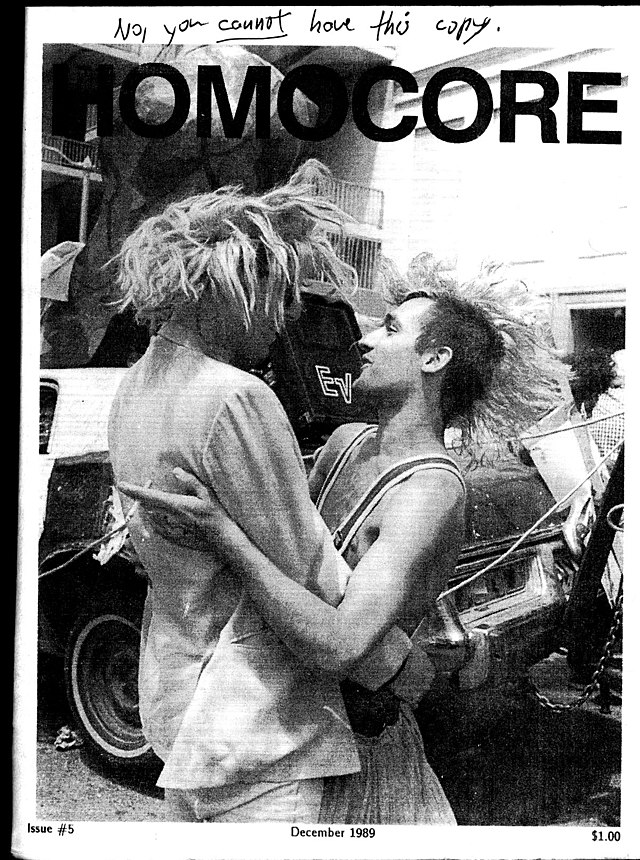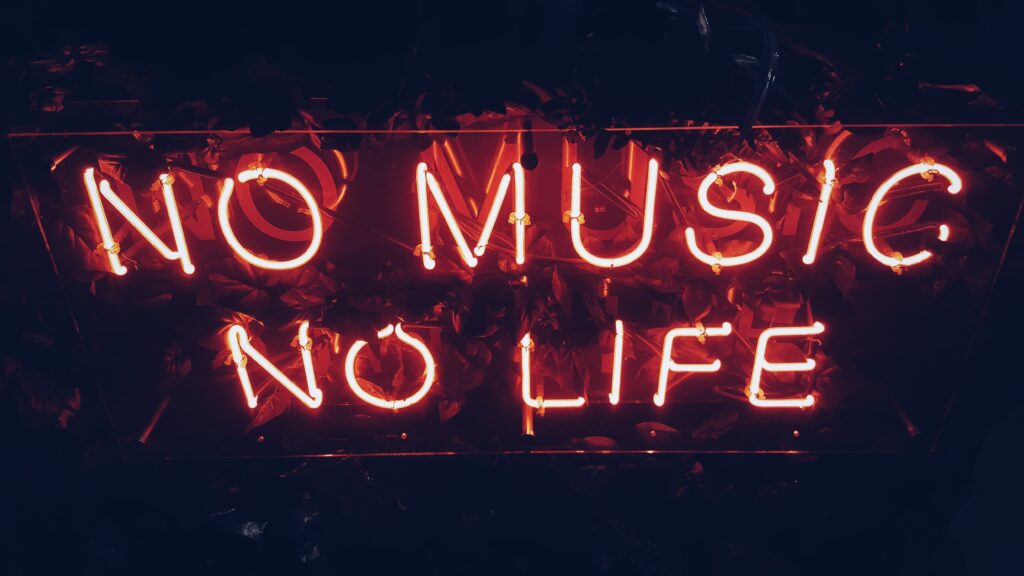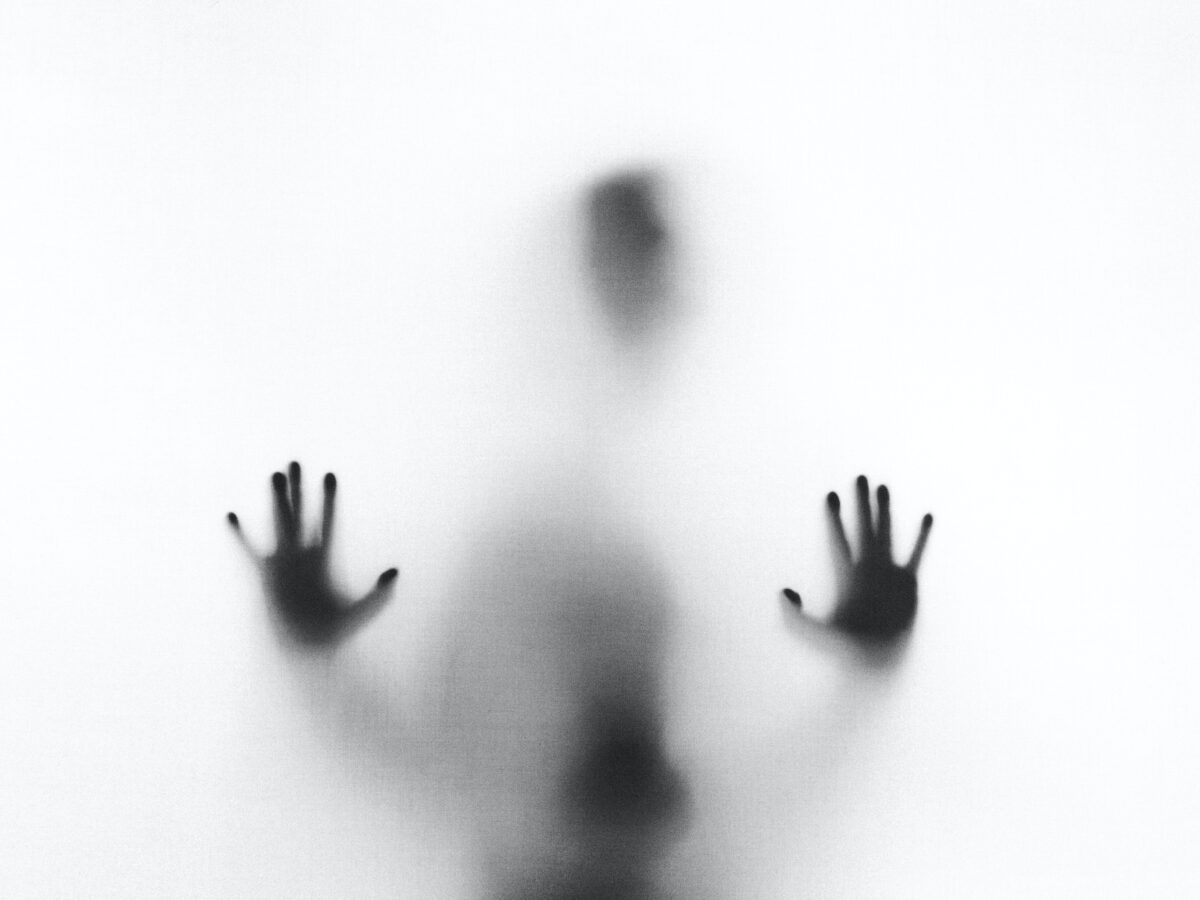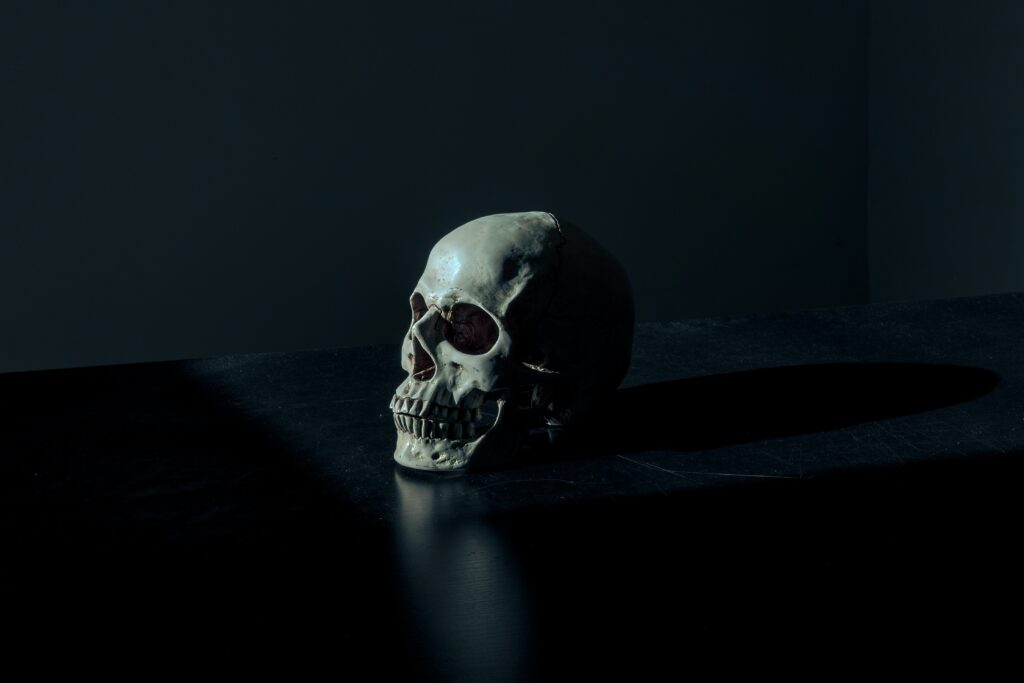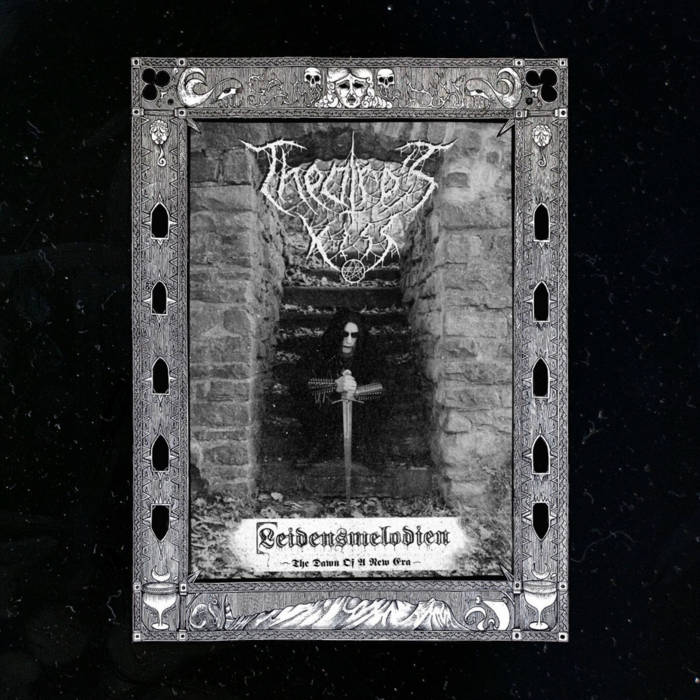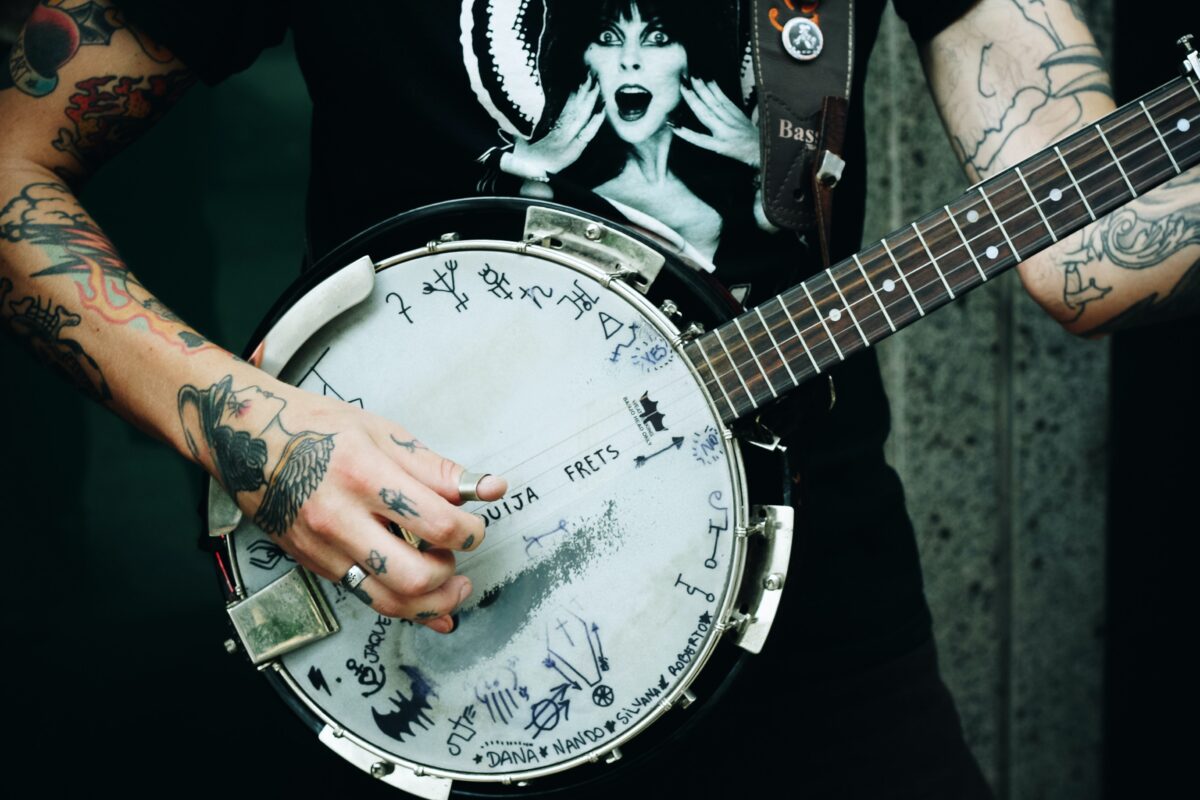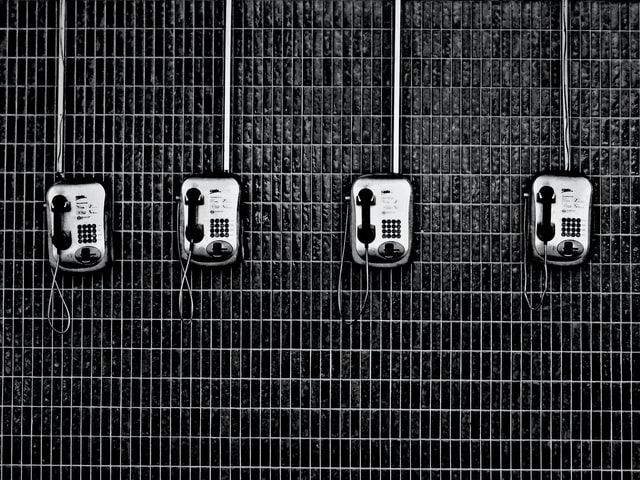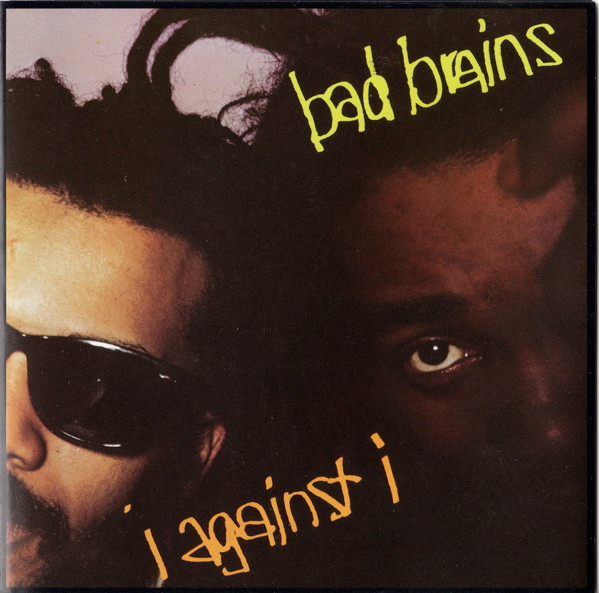Last week, we learned about the proliferation of queercore within the hardcore punk scene.
To briefly recap, queercore emerged as a subculture in the mid-1980s. It started from punk’s DIY scene, with purveyors of handmade magazines and other forms of media serving as the movement’s basis.
Queercore, also known as homocore, reflected the experiences of LGBT individuals in a society that was often hostile towards open displays of queerness.

While I primarily focused on Limp Wrist’s influence on the scene, there are numerous other bands that defined the genre.
As we move farther into pride month, I encourage both members of the LGBT community and allies to reflect on the convictions outlined by the queercore scene.
To help with this, I’ve composed a short “field guide” of various tracks and artists — some punk, some not — classified under the “queercore” umbrella.
Pansy Division
This band has a classic summertime driving-down-the-road-with-the-windows-down style.
Closer to the sound of blink-182 than Limp Wrist, Pansy Division is edgy but light enough for casual listening. With upbeat guitar riffs and a sardonic lead vocalist, the band produces tracks to be enjoyed both ironically and in earnest.
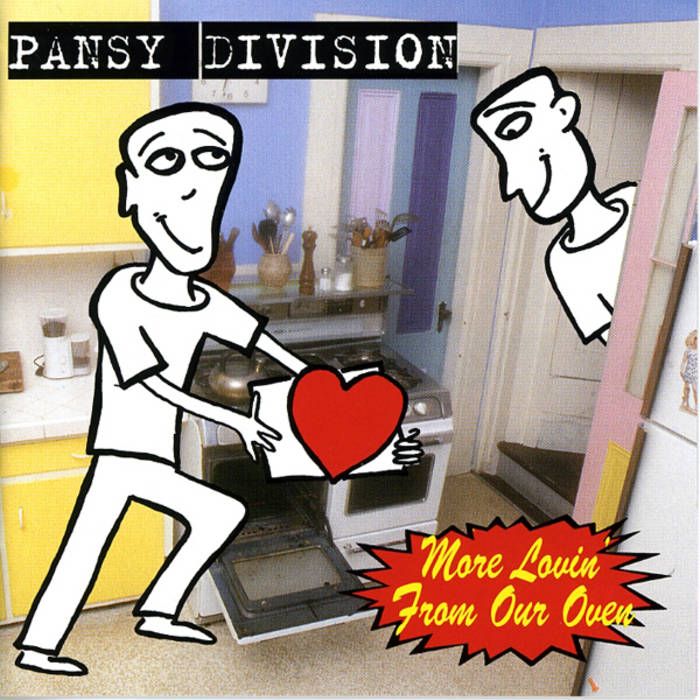
Based out of San Francisco, the band formed in 1991 and solidified itself as one of the only openly gay rock bands in the contemporary scene.
Touring with Green Day in 1994, Pansy Divison was one of the most commercially successful queercore bands to exist. The band’s pop-punk style and often-comical songs about queerness garnered significant acclaim.
Recommended Tracks
“Smells Like Queer Spirit” (Nirvana cover)
A flagrantly ironic cover of a Nirvana classic, this track cleverly queers one of the most well-known songs by one of the most gatekept bands. Play this track for your favorite straight white man and watch his blood pressure surge.
Against all odds, we appear
Pansy Division, “Smells Like Queer Spirit” (Nirvana cover)
Grew up brainwashed,
But turned out queer
Bunsplitters, rugmunchers too
We screw just how we want to screw
Hello, hello, hello, homo
“Fem in a Black Leather Jacket”
He looks as good in a skirt as he does in jeans
Pansy Division, “Fem in a Black Leather Jacket”
He is a most notorious queen
His personality, I’m not impressed
But I can’t wait to get him undressed
G.L.O.S.S. (Girls Living Outside Society’s S–)
Based in Olympia, Washington, G.L.O.S.S was an openly trans-feminist hardcore punk band.
Formed in 2014 and dissolved in 2016, the band’s existence was tragically brief. While G.L.O.S.S. had the opportunity to “make it big” with a $50,000 deal by Epitaph Records, the band ultimately decided to remain unaligned with a large corporation.
Shortly after turning down Epitaph’s deal, G.L.O.S.S. announced its breakup in an issue of the punk zine Maximum Rocknroll.

The band members explained that the growing “cult of personality” surrounding the group, as well as the obligations of touring and performing, were taking a toll on their mental and emotional health.
The band’s sound blended classic hardcore with trans-affirming themes to create raucous, angsty riffs striking back against heterosexual hegemony and anti-transness. Their songs are undeniably iconic.
Recommended Tracks
“G.L.O.S.S. (We’re From the Future)”
They told us we were girls
G.L.O.S.S., “G.L.O.S.S. (We’re From the Future)”
How we talk, dress, look, and cry
They told us we were girls
So we claimed our female lives
Now they tell us we aren’t girls
Our femininity doesn’t fit
We’re f– future girls living outside
Society’s s–!
They told us to die, we chose to live
G.L.O.S.S., “Lined Lips and Spiked Bats”
They told us to die, we chose to live
Straight America, you won’t ruin me
Sick American dream
Los Crudos
As I mentioned in last week’s post, Limp Wrist’s predecessor was a Chicago-based band called Los Crudos.
Active from 1991 to 1998 and comprised of all Latin American members, Los Crudos helped to make a place for Latine punks in a predominately white subculture.

The band tackled themes related to imperialism, xenophobia and immigration. All songs were sung completely in Spanish.
In addition, they openly called out homophobia — the band’s lead vocalist, Martin Sorrondeguy, was openly gay — and thus Los Crudos solidified themselves as adjacent to the queercore movement.
Recommended Tracks
The Butchies
With a career spanning between 1998 and 2005, The Butchies started in Durham, North Carolina as an all-female punk band.
Though their style was far from hardcore, they were a distinct force within the queercore movement.
Their songs were imbued with staunch political messages, focusing on themes relating to lesbianism, gay romance and misogyny.

In a 1999 issue of The Advocate, singer-guitarist Kaia Wilson said of the band’s reputation for its leftist politics:
“I say, maybe it’s because we’re so openly hated every day, maybe because one in three teens who commits suicide is gay. I say that the people who come to our shows are glad that we are [political].”
Recommended Tracks
Well it’s not supposed to bring you madness
The Butchies, “Trouble”
And it’s not too far too cold forgiveness
When we hold to truths so false like bibles
Won’t you come and meet me here
Who are you anyway and how did you get inside
The Butchies, “The Galaxy is Gay”
II heard you’re from the gay galaxy and now you’ve got to hide
Sure wish you would have gone here
Wish just the same you’d stay next year


